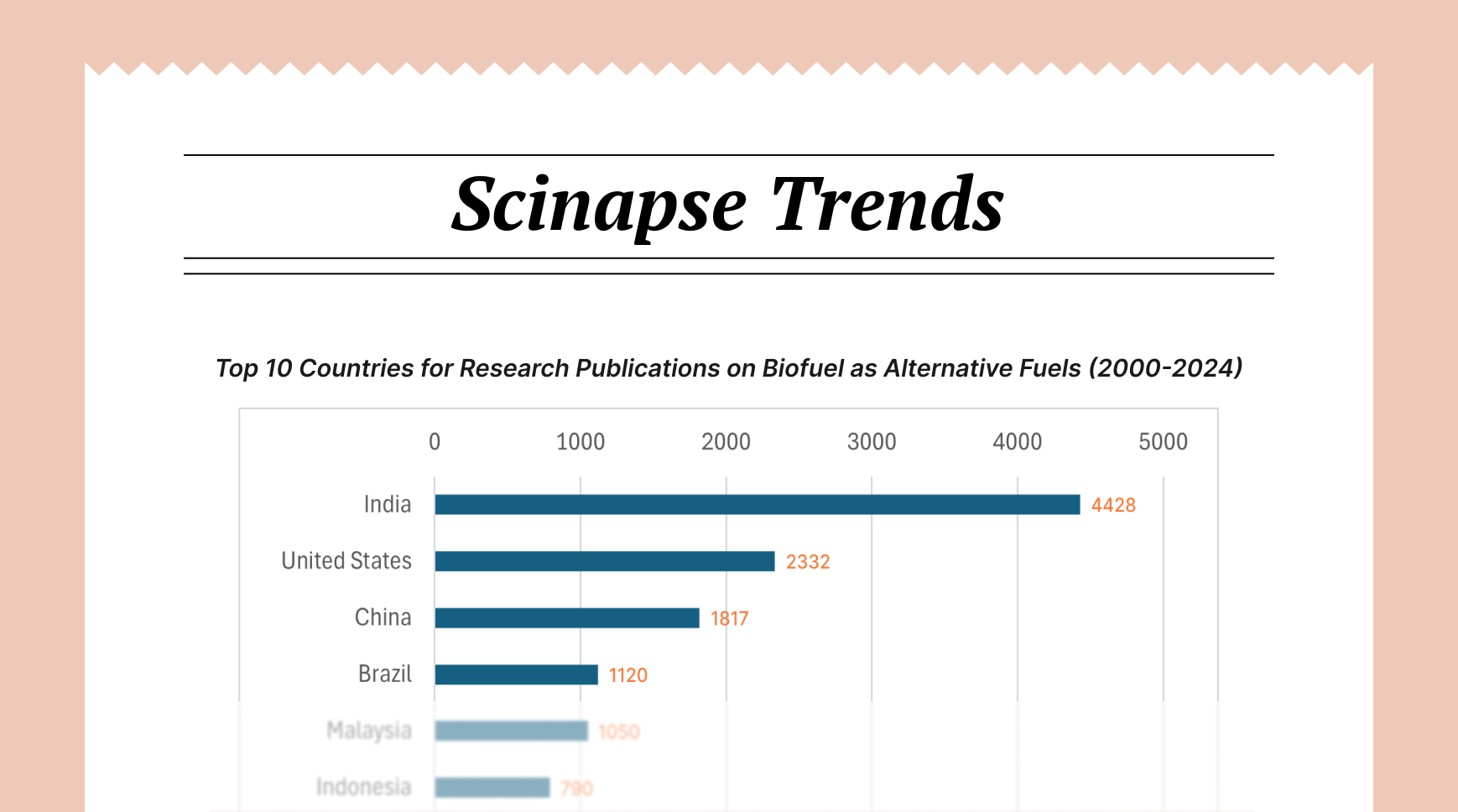Best Practices for Efficient Literature Search Using AI: 9 Steps to Follow

What Is a Literature Search?
A literature search is a systematic and detailed examination of published works in a certain field or on a specific subject. It serves as the cornerstone of academic study, offering context, highlighting gaps in present knowledge, and guiding the direction of future investigations. Every researcher should know how to conduct an efficient literature search to deliver high-quality scholarly work.
The primary goal is to thoroughly understand the current body of knowledge on a specific topic. This procedure enables researchers to avoid repeating past work, uncover relevant research questions, and contextualize their studies within the larger research discourse.
The Importance of Literature Search
Literature search serves several important tasks in the research process:
- Contextualizing research involves providing historical and theoretical background for the inquiry.
- Identifying gaps: Reviewing previous work identifies opportunities for further inquiry.
- Research methodology: Reviewing prior studies might help researchers choose relevant methodologies and strategies.
- Supporting research arguments: Use literature to support a study's logic and importance.
- Minimizing redundancy: They reduce the need to repeat previous studies.
Traditional Methods vs. Modern Tools for Literature Search
The progress of literature search methods reflects broader technical changes in academia. Traditional systems required tedious human searches through actual libraries, which were time-consuming and geographically limited. The digital revolution provided online databases and search engines, substantially increasing access to scholarly works and improving the efficiency of literature searches.
We are now on the verge of another shift, thanks to the introduction of AI-powered research tools. These modern technologies promise to not only speed up the search process but also provide fresh insights via sophisticated data analysis and visualization techniques.

9 Steps to Conduct an Effective Literature Search Using AI
- Define your research question
Start by carefully describing your study question or topic. This can help you focus your literature search and uncover relevant terms and themes.
- Identify the subject area, key terms, and concepts
Break down your research question into its primary components and look for alternative terms or synonyms. This will broaden the area of your search and ensure that you don't overlook useful sources due to terminology differences.
- Select the Best AI Tool for Literature Search
Select an AI tool that can deliver the most relevant literature for your topic of study.
When choosing an appropriate AI tool for literature search, the following crucial parameters are critical for ensuring that the search is efficient, accurate, and relevant:
A. Quick Research Trends Analysis: This is crucial for gaining insights into the latest developments and emerging trends in a particular field. An AI tool that offers quick research trends analysis allows you to identify popular topics, understand the direction of current research, and make informed decisions about which areas to explore further.
B. Filtering Top Papers Using Keywords: The ability to filter top papers using specific keywords ensures that the literature search yields highly relevant results. This parameter helps in narrowing down the vast amount of available research to those studies that are most pertinent to your topic of interest, saving time and increasing the relevance of your findings.
C. Selecting Published Year Range: The option to select a specific published year range is important for focusing on the most recent research or targeting studies from a particular period. This allows you to stay current with recent advancements or to explore historical perspectives in your field of study.
D. Affiliations: Considering the affiliations of the authors can provide insights into the credibility and authority of the research. AI tools that allow you to filter results based on affiliations can help identify influential research groups or institutions that are leading in a specific area.
E. Journal Name: The reputation of the journal in which a paper is published is often a marker of the quality and rigor of the research. Selecting an AI tool that enables filtering by journal name ensures that you are accessing high-quality studies published in reputable journals.
F. Country: Filtering by country can be valuable for understanding regional research trends, identifying geographic biases, and accessing studies that are particularly relevant to specific locations. This parameter is especially important for research topics that may be influenced by local factors or cultural contexts.
G. Citation Count: The citation count is a key indicator of the impact and influence of a research paper. An AI tool that provides citation count information helps in identifying seminal works and widely recognized studies that have contributed significantly to the field.
H. Journal Impact Factor: The journal impact factor is a measure of the average number of citations received by articles published in a journal. Selecting an AI tool that includes journal impact factor data ensures that you are considering research published in highly regarded journals, which often correlates with the quality and significance of the studies.
Each of these parameters plays a critical role in refining the literature search process, allowing you to access the most relevant, high-quality research efficiently. By carefully considering these factors, you can select an AI tool that best meets your research needs and supports your academic or professional objectives.

- Execute Your Search and Refine the Results
Run your initial search and analyze the results. You may need to refine your strategy by:
- Adjusting your search terms
- Applying filters (e.g., publication date, article type, SCIE indexed)
- Using citation chaining (following references from relevant articles)
- Evaluate and Select Sources
Critically assess the relevance and quality of the sources you find. Consider factors such as:
- Relevance to your research question
- Credibility of the author and publication
- The recency of the research
- Methodology used
- Impact and citation count
- Organize Your Findings
Save your reference literature by adding to Favourites on your AI tool. This can help you:
- Keep track of what you've read
- Generate bibliographies
- Cite sources correctly in your writing
- Synthesize the Information
As you review the literature, look for:
- Themes and patterns
- Contradictions or debates in the field
- Methodological approaches
- Gaps or areas for further research
- Document Your Literature Search Process
Keep a detailed record of your search strategy, including:
- Databases used
- Search terms and combinations
- Dates of searches
- Number of results obtained
This documentation is crucial for ensuring the reproducibility of your literature search and may be required for systematic reviews or meta-analyses.
- Stay Updated
Set up alerts in your chosen AI tool to receive notifications about new publications relevant to your topic. This will help you stay current with the latest research in your field.
To sum up, the field of research literature search is changing quickly. Through the integration of advanced AI tools with the fundamental principles of comprehensive literature search, researchers can now more effectively and efficiently explore volumes of research papers.
Researchers must nevertheless, however, approach these tools critically and weigh the advantages of automation against human oversight and expertise. The most successful researchers in the future will be those who can use these AI tools while upholding research integrity.
written by Uttkarsha B
Never re-search again.
Scinapse is made by researchers for researchers.
Join the next generation of research at ⏯️ https://scinapse.io/
Pluto Labs
Pluto Labs helps researchers focus on their research by improving several inefficiencies in the academic research process. We offer data-driven insights from academic papers, allowing users to easily obtain review-level results for their desired range of papers.
https://pluto.im/





Comments ()